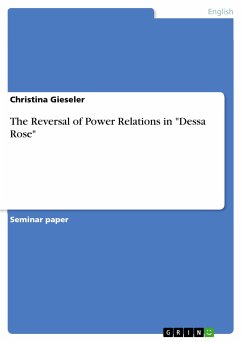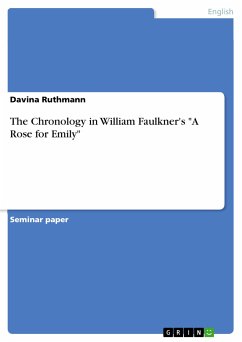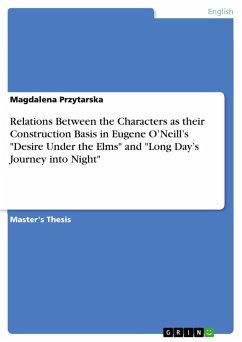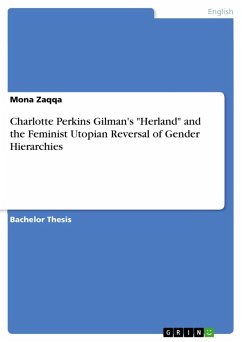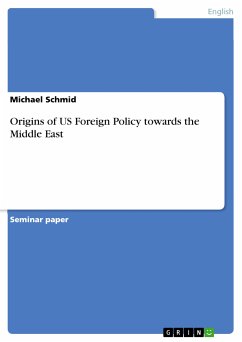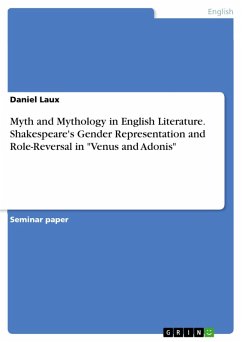Seminar paper from the year 2012 in the subject American Studies - Literature, grade: 1,0, University of Wuppertal, course: Postmodern Neo-Slave Narratives, language: English, abstract: 1 Introduction In literary criticism Sherley Anne Williams’ novel Dessa Rose is often argued to be “a story of a woman’s triumph in a (white) man’s world” (Beaulieu 40) and the “story of a woman’s passage from slavery to freedom (McDowell 147). The novel, as a postmodern neo-slave narrative, stands as a counter-text to master texts and the slave narratives of the 18th and 19th century and presents “a series of reversals, contradicting conventional expectations with regard to both race and gender” (Beaulieu 31). As McDowell notes, the novel stages the oppositions of “slavery and freedom, orality and literacy, fact and fiction [...] in an untidy network of social and material specifities” (147). This paper is concerned with the power relations expressed through the “relationship between orality and textuality, between the spoken word that enlivens and the written one that captivates” and their reversal (Rushdy 2004, 99). As a novel, dealing with “oppressive literacy” and “emancipatory orality” Dessa Rose is a novel that directs our attention to the disparity in access to power between those who write master texts and those who produce slave narratives [...]” (Rushdy 1993, 366; 1999, 136). In this paper this interesting discrepant relationship is going to be analysed on three different levels. On the level of the story of Dessa Rose it is going to be analysed how the southern white author Adam Nehemiah attempts to assume mastery over the slave woman Dessa and how Dessa refuses to be subject to his efforts of subjugation. It will be shown how Nehemiah “reads” Dessa according to his own terms and appropriates her (hi)story in his writing. Furthermore, it will be revealed how Dessa seizes the power of her own voice, how she resists being captivated in Nehemiah’s book and how she eventually makes use of the written word herself. On the level of narrative transmission, it will be described how this struggle between literacy and orality is mirrored and at the same time deconstructed by the way the narrative is mediated. Finally, it will be discussed how Williams’ novel reverses the conventions of the traditional slave narrative and thereby hints at the power disparity that the authors of traditional slave narratives faced in their effort to tell their own stories. As such, this paper is concerned with “the power relations in literary institutions” and “the significance of individual writers’ acts of appropriation” (Rushdy 1999, 135).
